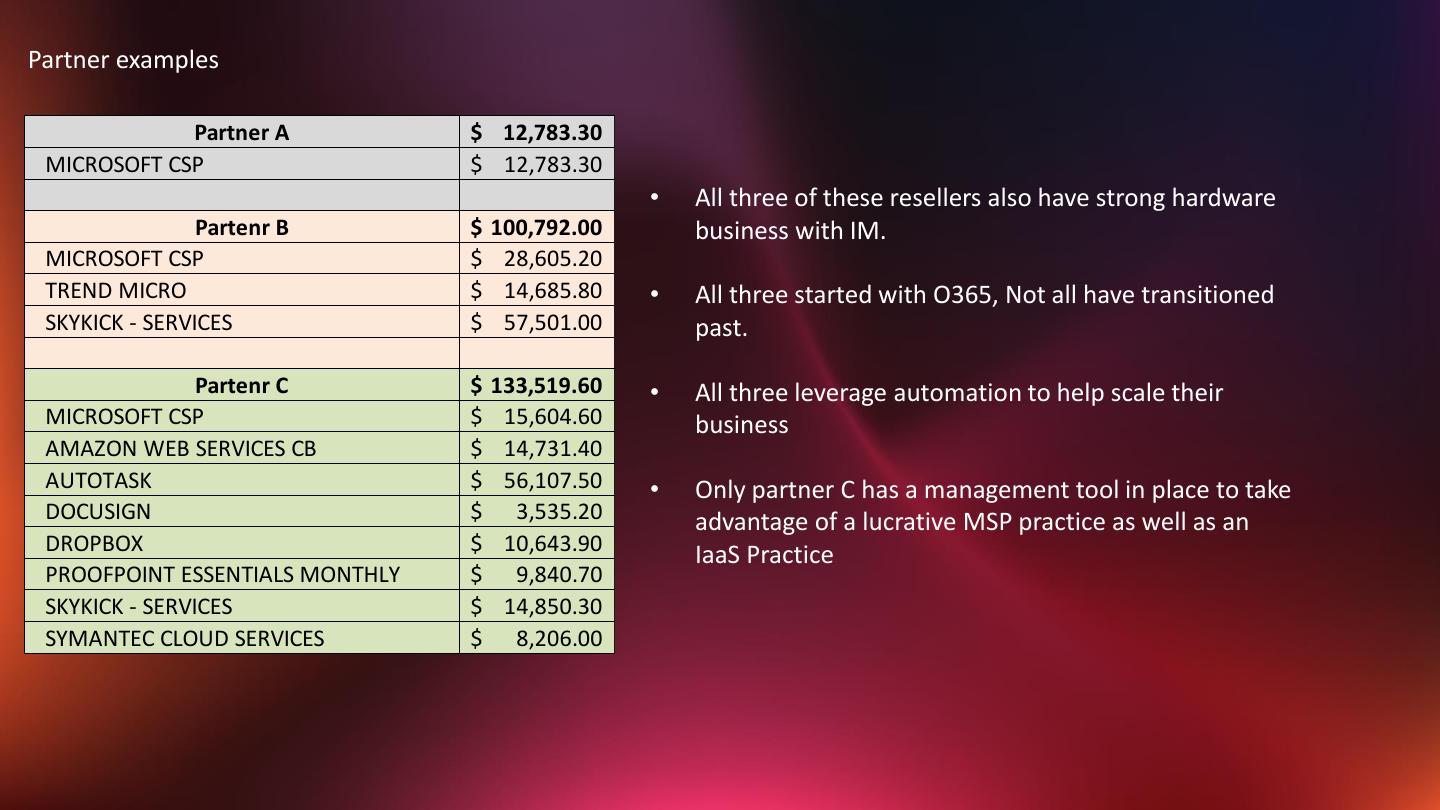"Mastering Loan Accounting: Essential Strategies for Accurate Financial Management"
#### Understanding Loan AccountingLoan accounting is a crucial aspect of financial management that involves tracking, recording, and reporting the financial……
#### Understanding Loan Accounting
Loan accounting is a crucial aspect of financial management that involves tracking, recording, and reporting the financial transactions related to loans. It ensures that both lenders and borrowers maintain accurate records of loan agreements, repayments, interest calculations, and outstanding balances. Proper loan accounting is essential for businesses and individuals alike, as it helps in managing cash flow, assessing creditworthiness, and making informed financial decisions.
#### The Importance of Accurate Loan Accounting
Accurate loan accounting is vital for several reasons. For lenders, it provides a clear picture of their receivables, helping them manage their assets effectively. It also aids in compliance with regulatory requirements, as financial institutions are often required to report detailed information about their loan portfolios. For borrowers, understanding loan accounting can help them keep track of their obligations and avoid potential pitfalls such as missed payments or misunderstandings regarding interest rates.
#### Key Components of Loan Accounting
1. **Loan Origination**: This is the initial phase where the loan is created. It involves documenting the terms of the loan, including the principal amount, interest rate, repayment schedule, and any associated fees. Accurate documentation at this stage is critical for future accounting processes.
2. **Interest Calculation**: Interest is a significant component of loan accounting. There are various methods for calculating interest, including simple interest and compound interest. Understanding these methods and applying them correctly is essential for both lenders and borrowers to ensure that the interest amounts are accurately reflected in financial statements.

3. **Repayment Tracking**: Keeping track of repayments is crucial for effective loan accounting. This includes recording each payment made, updating the outstanding balance, and calculating any remaining interest. Regularly updating these records helps prevent errors and ensures that both parties have a clear understanding of the loan status.
4. **Financial Reporting**: Accurate loan accounting contributes to reliable financial reporting. For businesses, loans are often recorded as liabilities on the balance sheet. Properly accounting for loans ensures that financial statements reflect the true financial position of the entity.
#### Challenges in Loan Accounting
Loan accounting can present several challenges. One common issue is the complexity of different loan structures, such as variable interest rates or balloon payments. Additionally, regulatory changes can impact how loans are accounted for, requiring businesses to stay updated on the latest accounting standards.
Another challenge is the integration of loan accounting with other financial systems. Many businesses use accounting software that may not fully support loan accounting features, leading to potential discrepancies in financial records. It’s essential to choose the right tools that can handle loan accounting effectively.

#### Best Practices for Loan Accounting
To ensure effective loan accounting, consider the following best practices:
- **Maintain Accurate Records**: Always keep detailed records of loan agreements, payments, and interest calculations. This will help in resolving any disputes and provide a clear audit trail.
- **Stay Updated on Regulations**: Financial regulations can change frequently. Keeping abreast of these changes ensures compliance and helps avoid potential penalties.
- **Use Accounting Software**: Invest in accounting software that includes robust loan accounting features. This can streamline the process and reduce the risk of human error.

- **Conduct Regular Reviews**: Periodically review your loan accounts to ensure accuracy. This can help identify any discrepancies early on and address them promptly.
#### Conclusion
In conclusion, mastering loan accounting is essential for effective financial management. By understanding the key components, recognizing the challenges, and implementing best practices, both lenders and borrowers can ensure accurate and efficient loan accounting. This not only aids in compliance and financial reporting but also enhances overall financial health and decision-making. Whether you are a business owner, a financial professional, or an individual managing personal loans, investing time in understanding loan accounting can yield significant benefits in the long run.